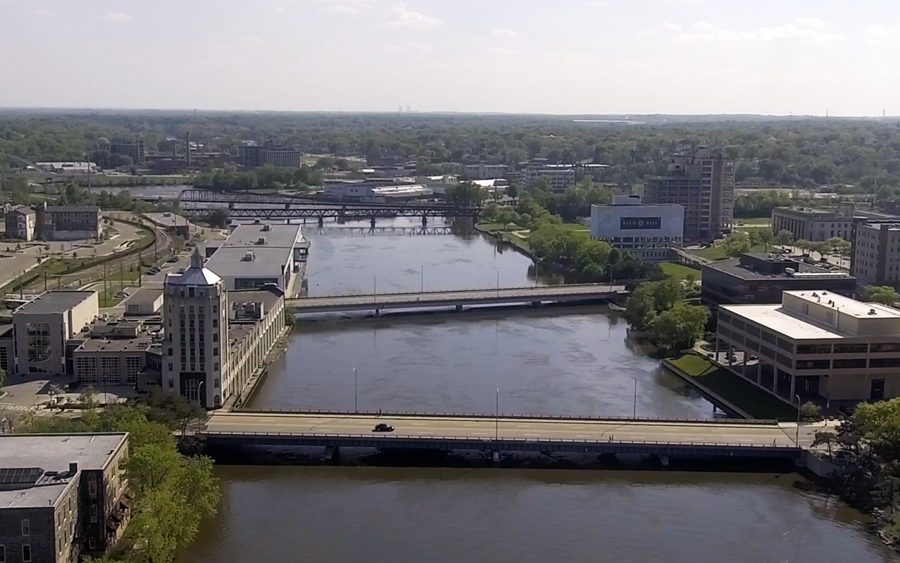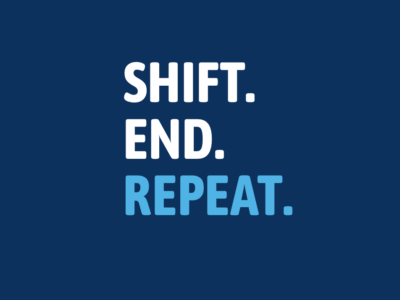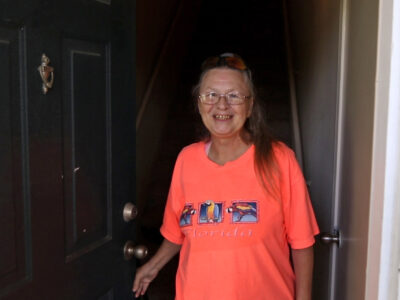Rockford, Illinois, is one of only three communities in the country that’s functionally ended both chronic and veteran homelessness.
By treating homelessness as a public health issue, paired with real-time data and a housing plus supports philosophy, Rockford has made it “possible for everybody working on this challenge to really earnestly step up and take accountability for getting to a real result,” says Jake Maguire, Co-Director of Built for Zero, on a recent episode of “The 21st” from NPR Illinois.
In the episode, Maguire shares key strategies to homelessness response that have empowered cities like Rockford to address the challenge head-on.
Maguire was accompanied by Mayor Tom McNamara and Angie Walker, Rockford’s Homelessness Program Coordinator, along with host Brian Mackey. Mayor McNamara and Walker provided local insight on the systems and accountability changes that catalyzed Rockford to end veteran and chronic homelessness in only two years.
“Most people who experience homelessness are having a sort of a one-time crisis in their lives,” Maguire said. Many of these situations “are resolvable with a little bit of help,” he adds, whether they are financial issues, job loss, or family struggles.
But the issue is responding quickly to homelessness when it happens, Maguire explains, before it develops into a chronic condition.
“The longer you’re in [the system] the longer you are likely to be in it. That is one of the cruel ironies of homelessness.”
Homelessness, when unmitigated and recurring, becomes a major public health concern.
“People who experience homelessness are dramatically more vulnerable to some of the worst and most life-threatening health conditions than their housed peers,” explains Maguire. “Homelessness, if we imagined it as a health condition, has a kind of a lethality rate that is on par with some of the worst forms of cancer.”
These conditions can be mitigated by taking a different approach to the problem, as Rockford proved. Rockford is one of 98 communities working to end homelessness with Built for Zero.
Listen to this episode of the 21st and learn more about:
- Why prioritizing housing security should be the first step to mitigating homelessness
- Integrating quality data and aligning cross-team efforts
- Rockford’s approach to mental health and homelessness
Among the highlights from “The 21st”:
Mayor McNamara and a policy focus on mental health as part of community wellness:
“If you’re a young person who lives in the United States and you’ve experienced some form of trauma… we know you have a higher likelihood of becoming homeless. You have a higher likelihood of becoming involved in violent crime. We have a higher likelihood of getting lower educational attainment results through school. So we, as an entire system, are really addressing trauma at a far younger age … and moving our way through that system to address trauma and mental health and wellness of our citizens.”
Built for Zero’s Maguire lists concrete actions that drive homelessness to functional zero:
“…you’ve really got to build this by name, real time data set. Don’t wait for this once a year, count to catch you off guard and tell you, ‘you have a problem.’ Send your outreach teams out there, build connections with your hospitals… so that you have a real time pulse on this problem.”




